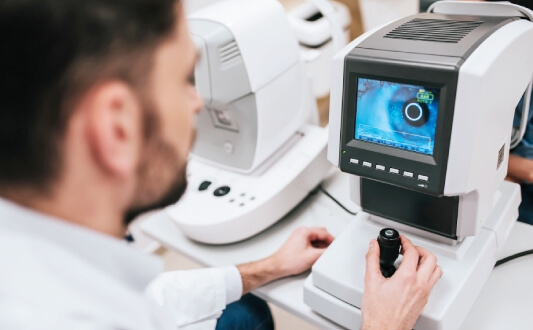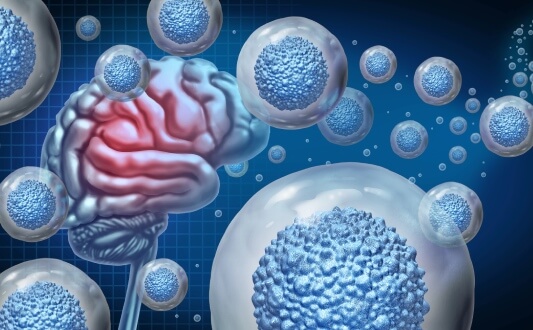Медицинский блог о лечении за границей
Добро пожаловать в наш медицинский блог, призванный предоставить пациентам знания о мировом здравоохранении! Мы создали эту платформу, чтобы помочь пациентам получить доступ к новейшим инновациям в области медицины в разных странах мира.
Контент блога содержит информацию о передовых методах в сфере онкологии, иммунологии, кардиохирургии, нейрохирургии и других областях медицины! Представленная в блоге полезная информация о медицинском туризме показывает, как поездки на лечение за границу открывают новые возможности благодаря передовым методам лечения, недоступным в вашей родной стране, включая специализированное лечение рака за рубежом.
Польза этого ресурса заключается в том, что он помогает пациентам и их семьям, которые находятся в поисках новых методов лечения и изучают возможности терапии в ведущих международных клиниках, принимать обоснованные решения касательно лечения за рубежом.
Ценностью этого ресурса является то, что эксперты Booking Health предоставляют проверенную информацию в удобных для пациентов статьях, благодаря которым сложные медицинские достижения превращаются в доступную информацию. Оставайтесь в курсе последних достижений в области мирового здравоохранения и узнавайте о том, как международные стандарты медицинского обслуживания способны изменить результаты лечения!
Ознакомьтесь с нашими последними статьями и сделайте первый шаг на пути к улучшению результатов лечения!
Лечение стволовыми клетками
 Лечение аутизма стволовыми клетками
Лечение аутизма стволовыми клетками
Расстройство аутистического спектра (РАС) – это одно из самых сложных нарушений в области нейроразвития, с которыми сегодня сталкиваются семьи. Аутизм, поражающий примерно каждого 68-го ребенка в Соединенных Штатах, стал более распространенным диагнозом, чем рак, сахарный...
 Лечение эректильной дисфункции стволовыми клетками
Лечение эректильной дисфункции стволовыми клетками
Эректильная дисфункция (ЭД) – иногда это состояние называют импотенцией – неспособность мужчины достичь эрекции или поддерживать ее достаточно долго для совершения полноценного полового акта. Это расстройство встречается гораздо чаще, чем многие предполагают, и затрагивает миллионы...
 Лечение атрофии зрительного нерва (АЗН) стволовыми клетками
Лечение атрофии зрительного нерва (АЗН) стволовыми клетками
Атрофия зрительного нерва (АЗН) – прогрессирующее офтальмологическое заболевание, при котором в зрительном нерве, отвечающем за передачу зрительной информации от глаза к головному мозгу, происходят дегенеративные изменения. Патология приводит к постепенной потере зрения, а в тяжелых...
 Лечение деменции стволовыми клетками
Лечение деменции стволовыми клетками
Деменция поражает 47 миллионов человек во всем мире, и ожидается, что к 2050 году их число достигнет 131 миллиона. Традиционные терапевтические подходы позволяют лишь контролировать симптомы заболевания, тогда как новый метод лечения деменции с применением стволовых клеток дает пациентам...
 Лечение БАС стволовыми клетками в Германии: комплексные протоколы и новые технологии
Лечение БАС стволовыми клетками в Германии: комплексные протоколы и новые технологии
Боковой амиотрофический склероз (БАС) остаётся одним из самых сложных неврологических заболеваний, требующих инновационных подходов к лечению. Немецкие клиники занимают лидирующие позиции в разработке и внедрении передовых методов клеточной терапии, предлагая пациентам с БАС...
 Стволовые клетки в лечении БАС: От научных теорий к революции в медицине
Стволовые клетки в лечении БАС: От научных теорий к революции в медицине
Боковой амиотрофический склероз (БАС) – одно из самых сложных неврологических заболеваний в современной медицине. Люди с БАС сохраняют ясность ума, но постепенно теряют способность совершать элементарные движения – от ходьбы и речи до дыхания. Это очень тяжело эмоционально для пациентов и их семей.

